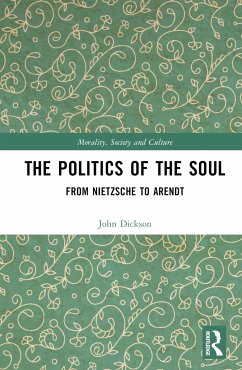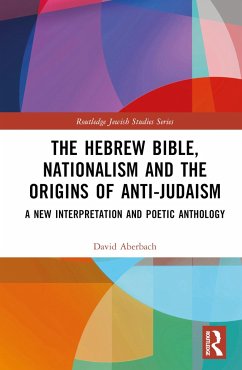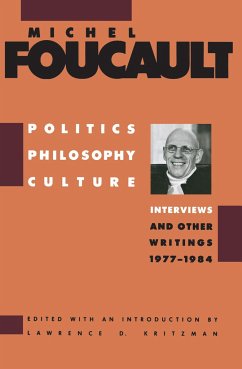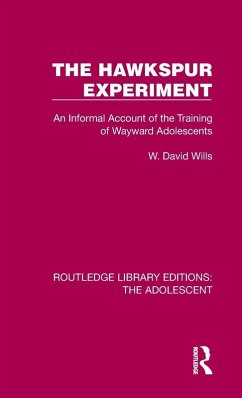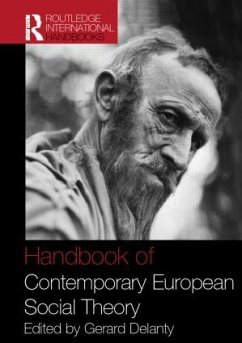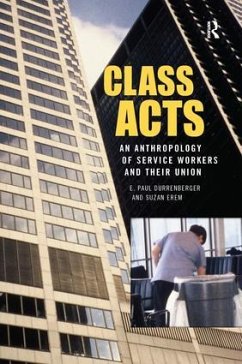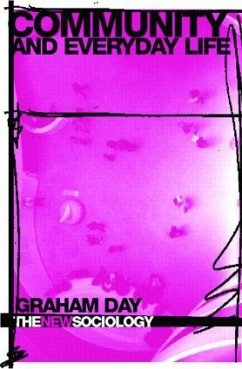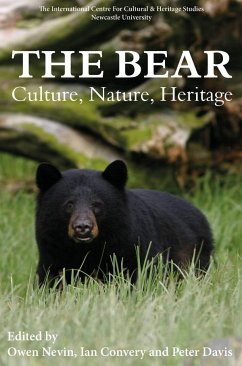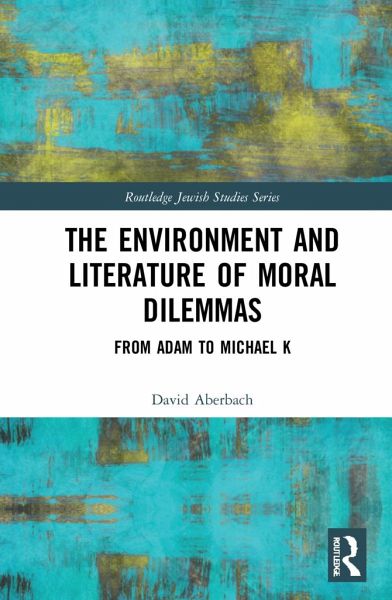
The Environment and Literature of Moral Dilemmas
From Adam to Michael K
Versandkostenfrei!
Versandfertig in 1-2 Wochen
167,99 €
inkl. MwSt.
Weitere Ausgaben:

PAYBACK Punkte
84 °P sammeln!
Exploring the literature of environmental moral dilemmas from the Hebrew Bible to modern times, this book argues the necessity of cross-disciplinary approaches to environmental studies, as a subject affecting everyone, in every aspect of life. Moral dilemmas are central in the literary genre of protest against the effects of industry, particularly in Romantic literature and 'Condition of England' novels. Writers from the time of the Industrial Revolution to the present-including William Blake, Elizabeth Gaskell, Charles Dickens, Émile Zola, Henrik Ibsen, Anton Chekhov, T.S. Eliot, John Steinb...
Exploring the literature of environmental moral dilemmas from the Hebrew Bible to modern times, this book argues the necessity of cross-disciplinary approaches to environmental studies, as a subject affecting everyone, in every aspect of life. Moral dilemmas are central in the literary genre of protest against the effects of industry, particularly in Romantic literature and 'Condition of England' novels. Writers from the time of the Industrial Revolution to the present-including William Blake, Elizabeth Gaskell, Charles Dickens, Émile Zola, Henrik Ibsen, Anton Chekhov, T.S. Eliot, John Steinbeck, George Orwell, and J.M. Coetzee-follow the Bible in seeing environmental problems in moral terms, as a consequence of human agency. The issues raised by these and other writers-including damage to the environment and its effects on health and quality of life, particularly on the poor; economic conflicts of interest; water and air pollution, deforestation, and the environmental effects of war-are fundamentally the same today, making their works a continual source of interest and insight. Sketching a brief literary history on the impact of human behavior on the environment, this volume will be of interest to readers researching environmental studies, literary studies, religious studies and international development, as well as a useful resource to scientists and readers of the Arts.





